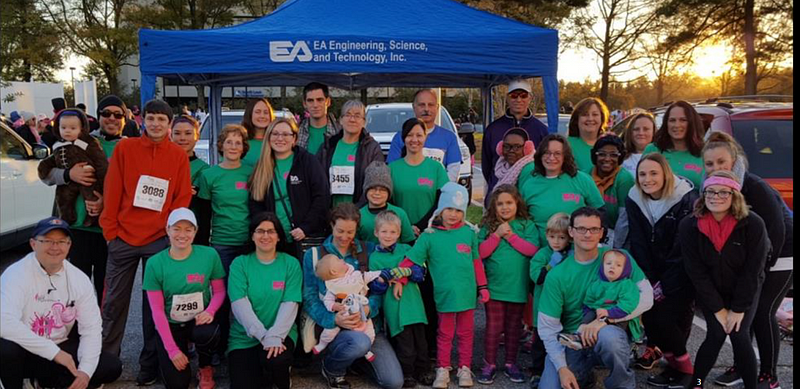Small Business Administration, DC Metro, holding five trainings for business owners
by Karen Kahn

In late February, the Washington Metro Area District Office of the U.S. Small Business Administration held its first seminar for business owners interested in employee ownership as a potential exit strategy. The plan is to hold one a month in each of the five counties — Montgomery, Arlington, Fairfax, Loudon, and Prince George’s — covered by the district office, as well as in DC proper, says David Hincapie, an economic development specialist with the SBA’s district office.
The Washington Metro Area SBA office is among the first to offer employee ownership education and support in response to a new mandate included in the Main Street Employee Ownership Act (MSEOA), which passed Congress as part of the National Defense Authorization Act in August 2018. The MSEOA requires that the SBA work with its district offices and the nation’s Small Business Development Centers (SBDCs), private nonprofit centers overseen by the SBA, “to provide transition-related technical training, executive education, and one-one-one consulting.”
The Washington Metro Area SBA office is among the first to offer employee ownership education and support in response to a new mandate included in the Main Street Employee Ownership Act.
To provide that education and technical assistance, as per the legislation, the U.S. Small Business Administration will be establishing a Small Business Employee Ownership and Cooperatives Promotion Program. Though that program is yet to get up and running, Hincapie is moving forward on his own.
Hincapie has put together a 90-minute educational program, working with the National Center for Employee Ownership (NCEO) and the DC Cooperative Stakeholders Group. Targeted at business owners, each seminar will lead with a presentation from an employee-owned business. At the February seminar, Peter Ney, executive vice president and treasurer of EA Engineering, spoke. Ney was a lead player in the company’s ESOP buyout. He also sits on the Board of Governors of the ESOP Association, a national advocacy organization for ESOP companies.

Other presenters included Chris McLean, an ESOP lawyer with Kaufman & Canoles (McLean, VA); Tom Roback, managing director of Blue Ridge ESOP Associates, a third-party plan administrator; and Rodney North from the DC Cooperative Stakeholders Group. Finding presenters, says Hincapie, is the easy part. Identifying business owners that could benefit from the seminars is the challenge. He said that at his most recent seminar, 28 people showed but only 7 were business owners considering selling. Of those, “only a few were probably good candidates for a conversion,” he says. “But the good news is that several attendees have followed up with the ESOP Association.”
To take employee ownership to scale, says Hincapie, will take a concerted national effort to reach and educate business owners.
To take employee ownership to scale, says Hincapie, will take a concerted national effort to reach and educate business owners. He is impressed with Project Equity’s strategy of working with cities to create a detailed inventory of local businesses owned by close-to-retirement business owners and then reaching out to them directly. “What Project Equity is trying to do,” says Hincapie, “is to sell cities on the notion that employee ownership saves jobs, and that this approach is as good — if not better — than bringing in new businesses.” He notes that city leaders spend a lot of time and money on attracting new businesses, and then asks, “but when do you hear city leaders talking about how many jobs they saved by keeping local businesses from closing or moving elsewhere? That’s a game changer.”
Hincapie’s enthusiasm for employee ownership comes from his view that the economy has too much concentrated economic power. “We may see a lot of brands,” he says, “but often they are all owned by the same company.” Relating a story from Barry Lynn’s Cornered: The New Monopoly Capitalism and the Economics of Destruction (2011), he says, “You have tainted dog food, and it affects all the brands. Why is that? Because basically they are all owned by the same company, and all the dog food is made in the same overseas factory.”
Says Hincapie, “Democratic ownership is good for small businesses; the businesses are more resilient, the jobs are better, and the workers are more committed. If we can grow this sector, we can build an economy that is more equitable and stronger — one that is not so vulnerable as we were when the Great Recession hit in 2008.”
Karen Kahn provides communications consulting and editorial support for Fifty by Fifty.
Fifty by Fifty, an initiative of @Democracy Collab, is working to transform the U.S. economy by growing employee ownership. Join our campaign, and we’ll send our monthly newsletter, filled with great company stories, right to your inbox.
